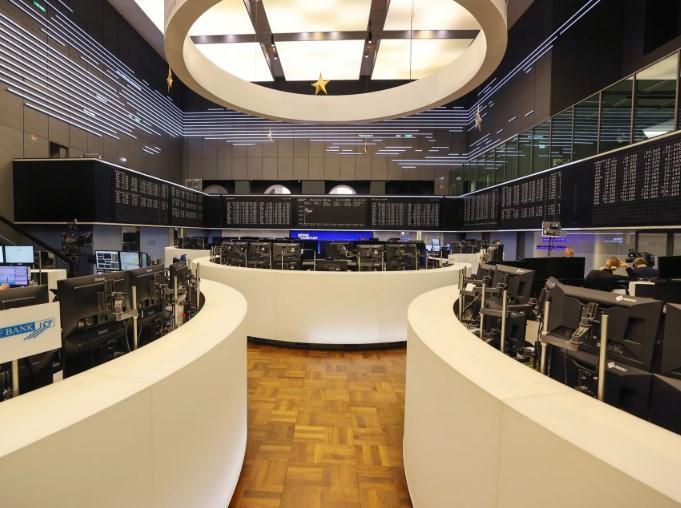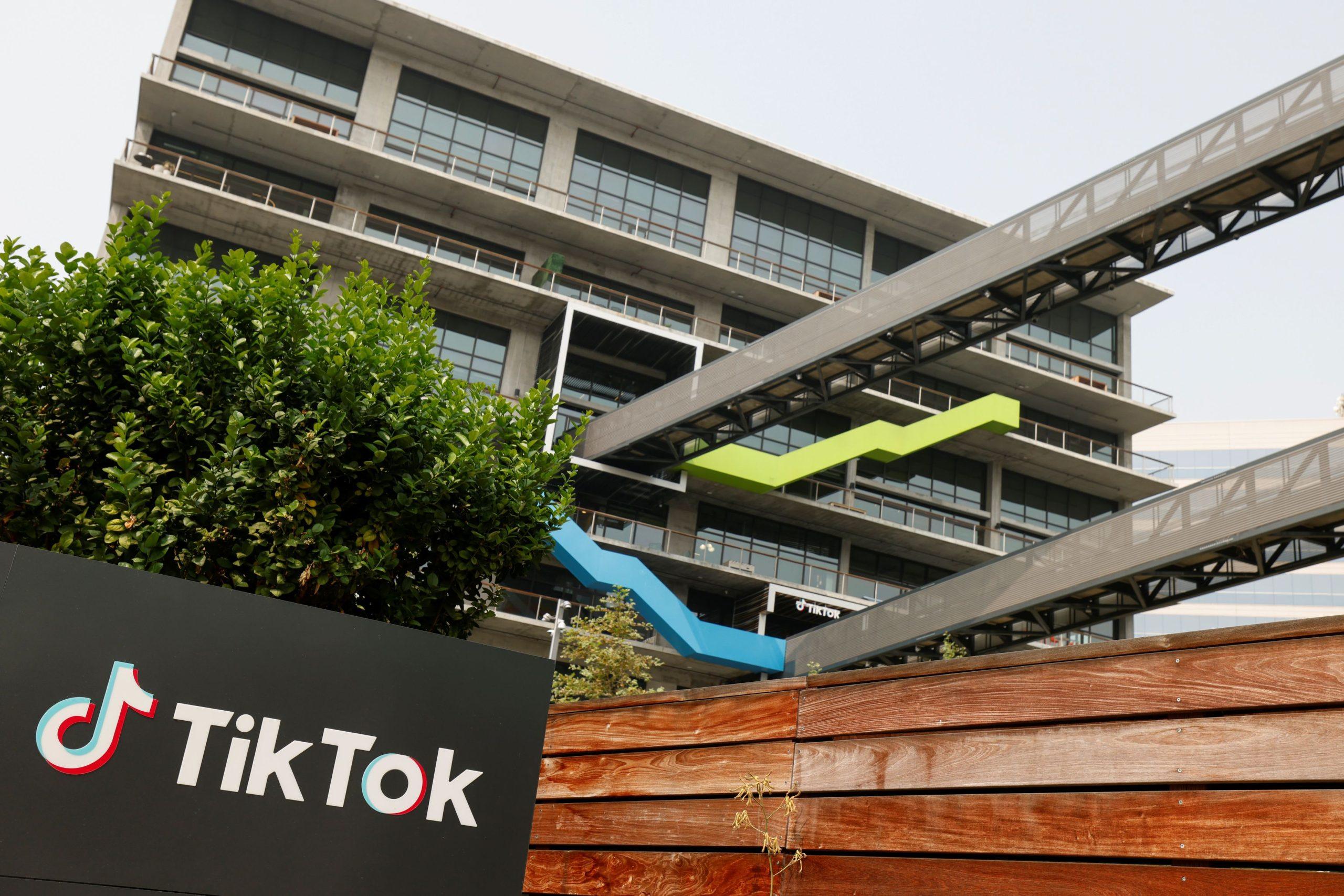Greek banks have emerged as champions in Europe across a range of crucial financial indicators, based on results for key figures of systemically important groups in the Eurozone for 2024, published by the European Central Bank (ECB) on Thursday, March 21.
The ECB’s report highlights several key takeaways:
Profitability: The four systemic Greek banking groups achieved combined net profits of approximately 4.3 billion euros last year, primarily driven by their organic results. This allowed them to maintain a double-digit return on equity, surpassing 17% for most groups, compared to the European average of 9.54%.
Costs: In addition to boosting their revenues, Greek banks successfully kept various costs under control, helping improve their results. The cost-to-income ratio for the four systemic groups ranged from 30% to 39%, well below the Eurozone average of 55%.
Credit Risk: Greek banks have seen significant progress in reducing delinquency rates. After a large-scale reduction in non-performing loans and an increase in the portfolio of performing loans, the late-payment ratios now hover close to the European average.
At the end of 2024, these ratios ranged from 2.6% to 3.8%, compared to the average of 2.28% among Europe’s largest banks. This convergence has played a key role in the sharp decline in credit risk costs, which stood between 50 and 69 basis points in Greece, compared to 47 basis points in the Eurozone.
Capital Strength: Strong organic capital generation, following three consecutive years of net positive results totaling over 11 billion euros, has significantly boosted the relevant indicators.
The common equity tier 1 (CET1) ratio for the four systemic Greek banks ranged from 14.7% to 18.3%, compared to the European average of 15.86%. Meanwhile, the total capital adequacy ratio stood between 18.5% and 19.99%, in line with the Eurozone’s 19.99%.
Liquidity Ratios: The improvement in liquidity ratios, which were severely affected during the last decade’s financial crisis, has been catalyzed by a strengthened deposit base in Greece. At the end of 2024, the loan-to-deposit ratio for systemic Greek banks ranged from 63% to 76%, compared to 100.43% in the rest of Europe.
Profit Diversification: The only area where Greek banks lag is in the diversification of their profit sources. Currently, around 80% of their revenues come from interest, making them more vulnerable to periods of monetary policy easing, such as the current one. In contrast, the norm in the Eurozone is that non-interest income accounts for about 30% of total revenue.



































